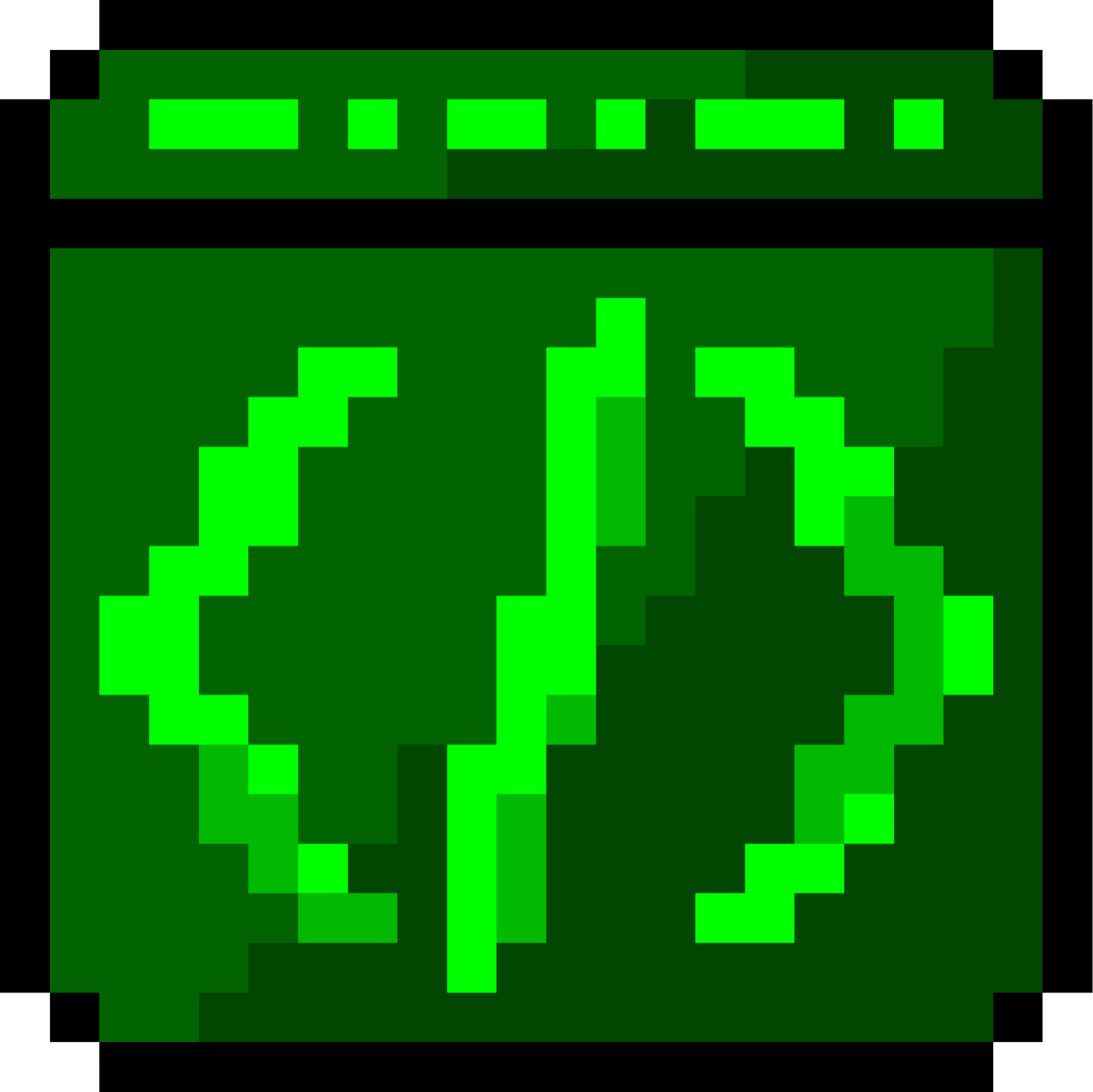Audio Presented by

My work is dedicated to cyber threat awareness and ensuring your online safety.
Story's Credibility



About Author
My work is dedicated to cyber threat awareness and ensuring your online safety.

My work is dedicated to cyber threat awareness and ensuring your online safety.


My work is dedicated to cyber threat awareness and ensuring your online safety.